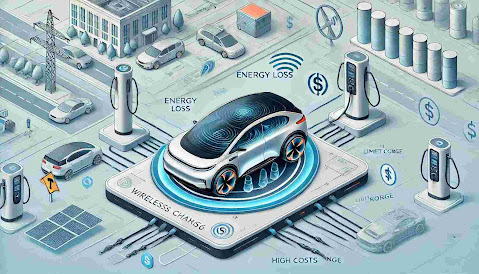Wireless EV Charging: The Future of Electric Mobility
The electric vehicle (EV) revolution is reshaping the global transportation landscape, and one of the most exciting advancements in this field is wireless vehicle charging. Imagine a world where you park your car and it charges automatically—no plugging in, no tangled wires. This vision is now becoming a reality with wireless EV charging systems. Wireless charging, also known as inductive charging, offers a seamless and efficient way to power electric vehicles, and it’s gaining traction as a key innovation in EV technology. Let’s dive into how this technology works, its benefits, and what the future holds for wireless electric chargers. How Wireless Vehicle Charging Works At its core, wireless vehicle charging relies on the principle of electromagnetic induction. Here’s how it works: Charging Pad Installation : A charging pad is installed on the ground (either in parking lots, garages, or even on roads), connected to a power source. Receiver in the Vehicle : The EV is equipped ...

